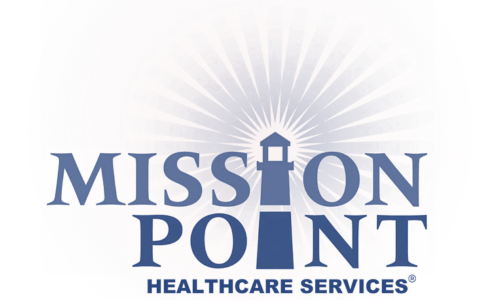 Compliance Minute
Compliance Minute
Governing Body
Welcome to another installment of “The Compliance Minute”. In this month’s article we will be discussing a newer topic within the healthcare industry known as Governing Body. Although the term Governing Body may have been around for a while, it is beginning to get a bit more focus at the regulatory level.
The Governing Body is made up of various senior leaders within our company. These leaders are tasked with ensuring the buildings and operators they manage have the tools and resources to care for their customers/patients/residents and the staff. They develop policy and procedures, budgets, define and implement QAPI procedures, and ensure that qualified leaders are at the helm of each nursing facility. The members of your governing body are the senior leaders of your management company. Those include the Chief Executive Officer, Chief Operations Officer, Chief Clinical Officer, Chief Financial Officer, Chief Human Resources Officer, and Chief Legal Officer, Executive Vice President of Compliance, Regional Director of Operations, and Regional Director of Clinical Operations.
Should you have any questions about your Governing Body, you are encouraged to speak with your Nursing Home Administrator or direct supervisor.
Contact Information:
Emery Dumas, LNHA, CHC
[email protected]
248-940-5390
“We Care” Hotline: 616-975-5335 (may remain anonymous)
